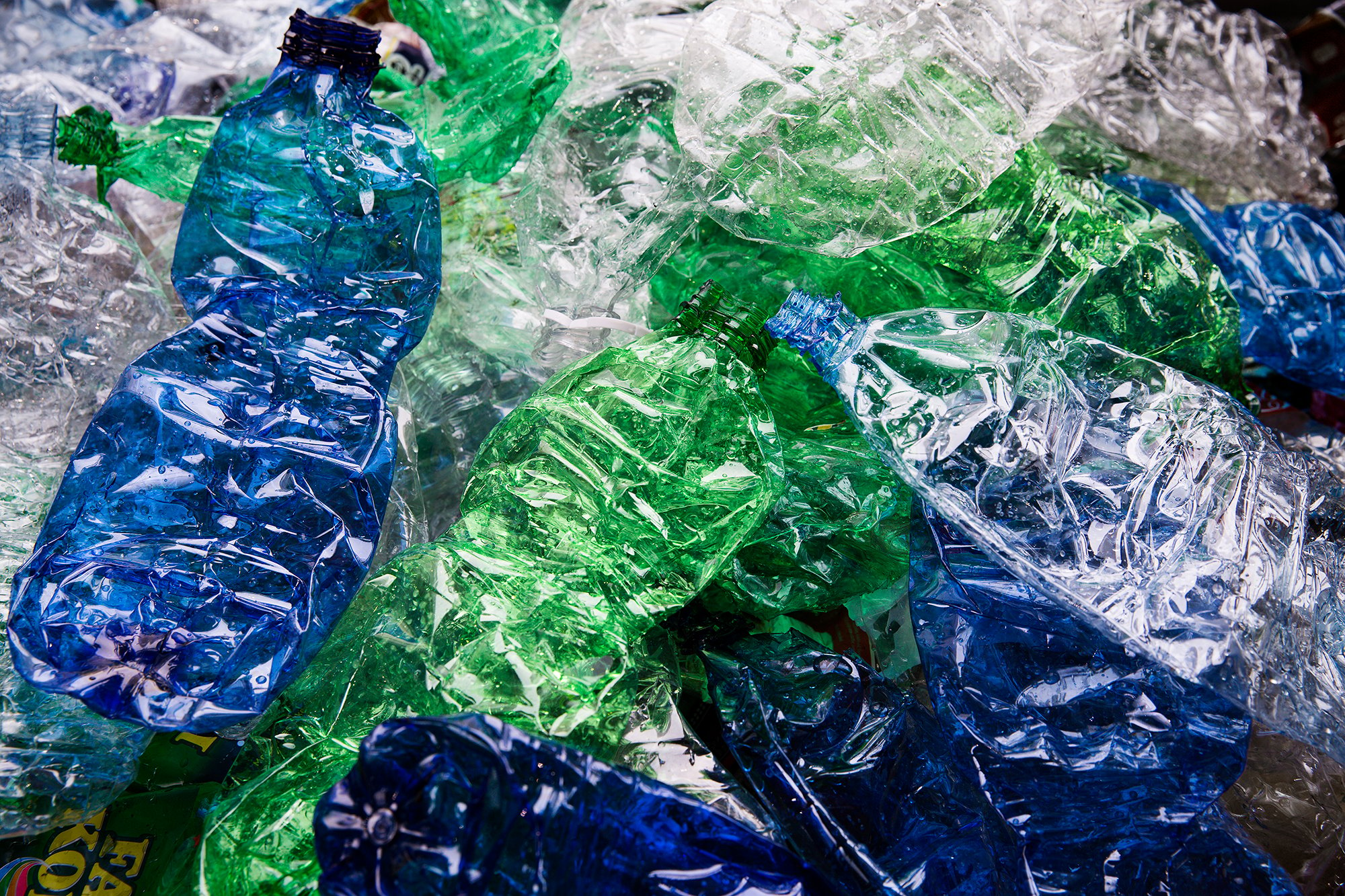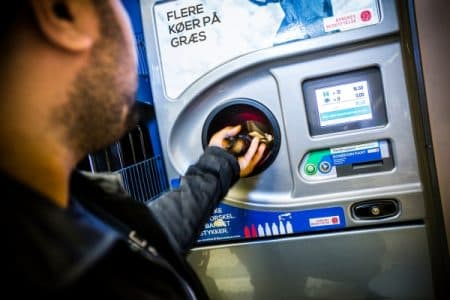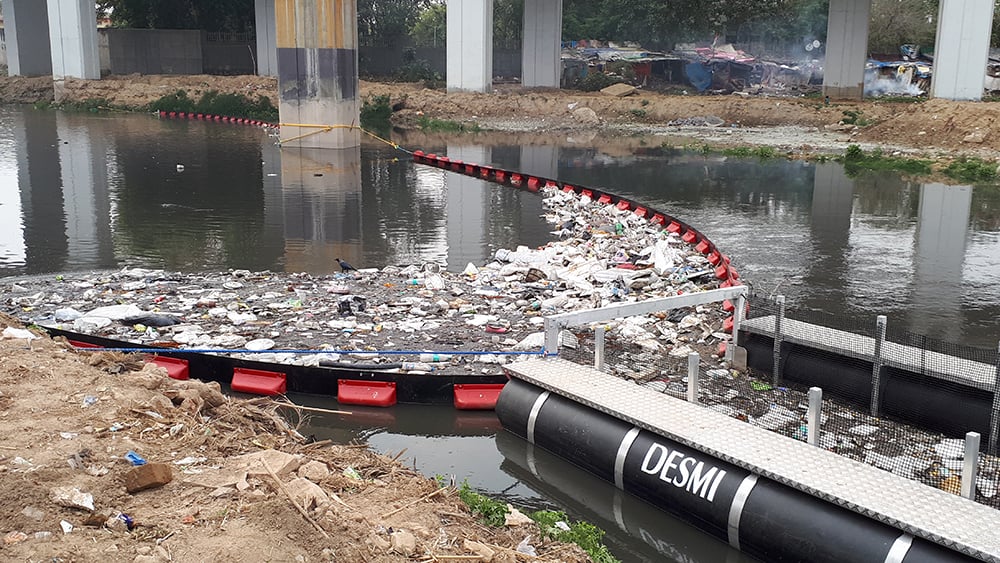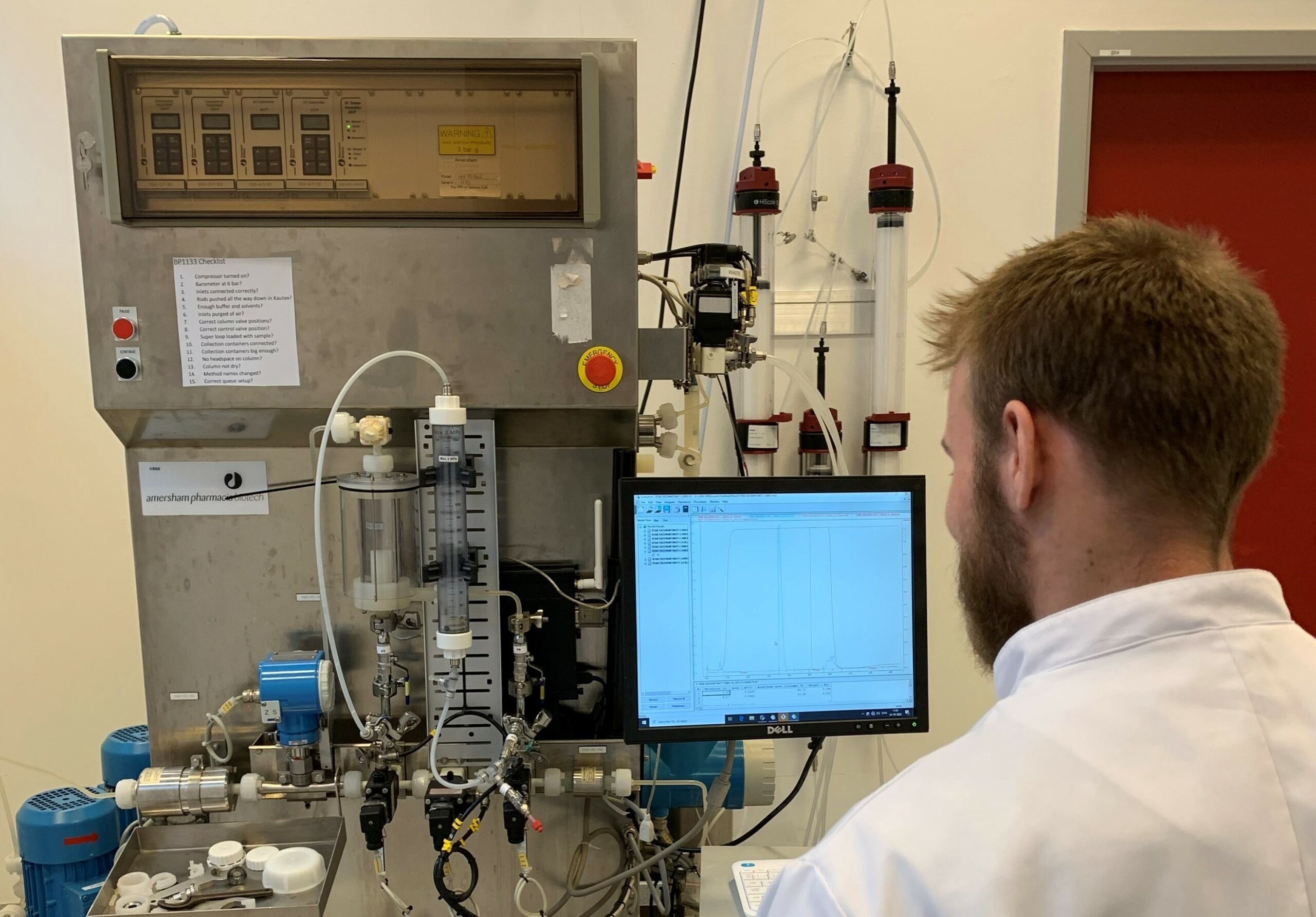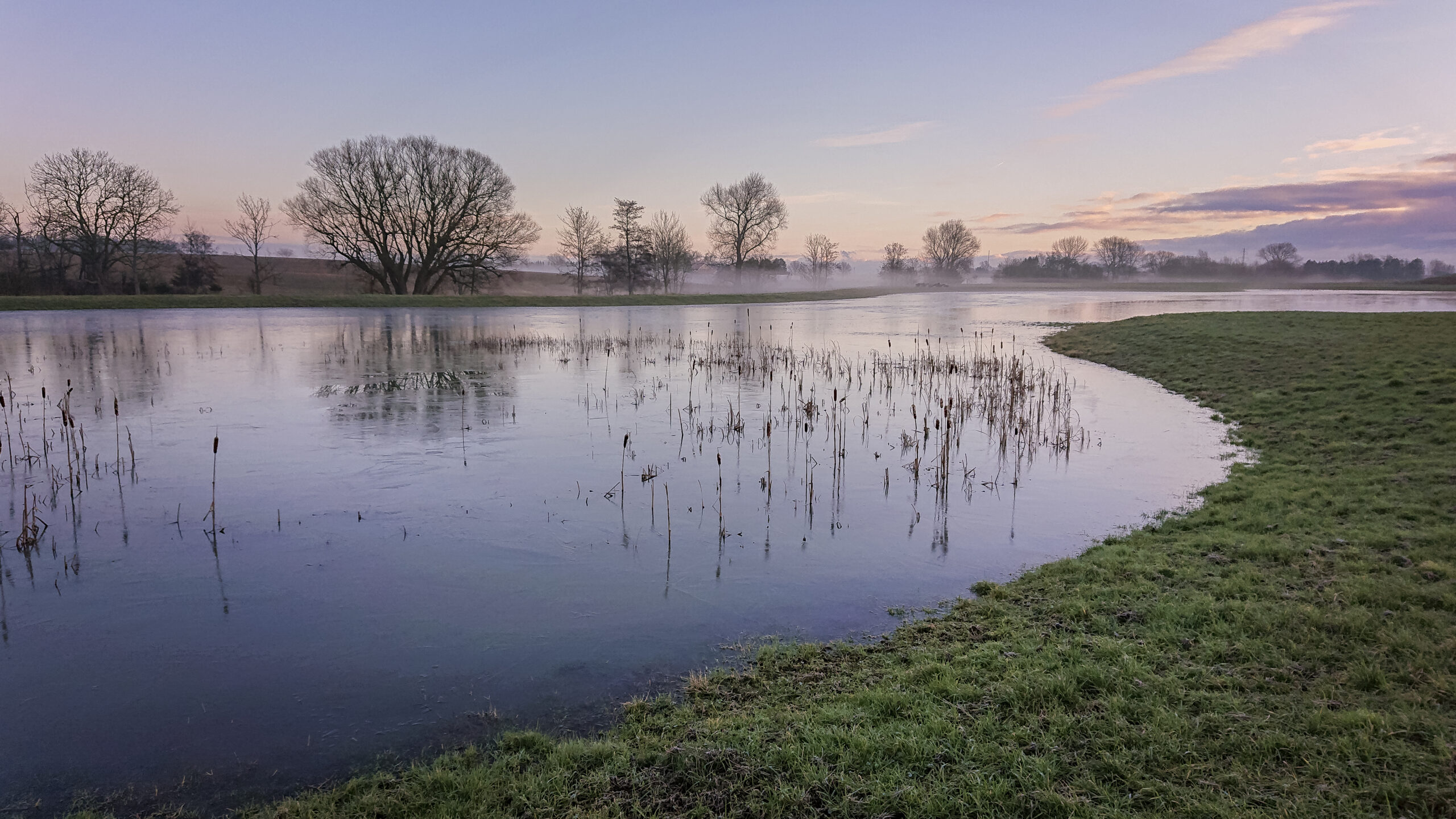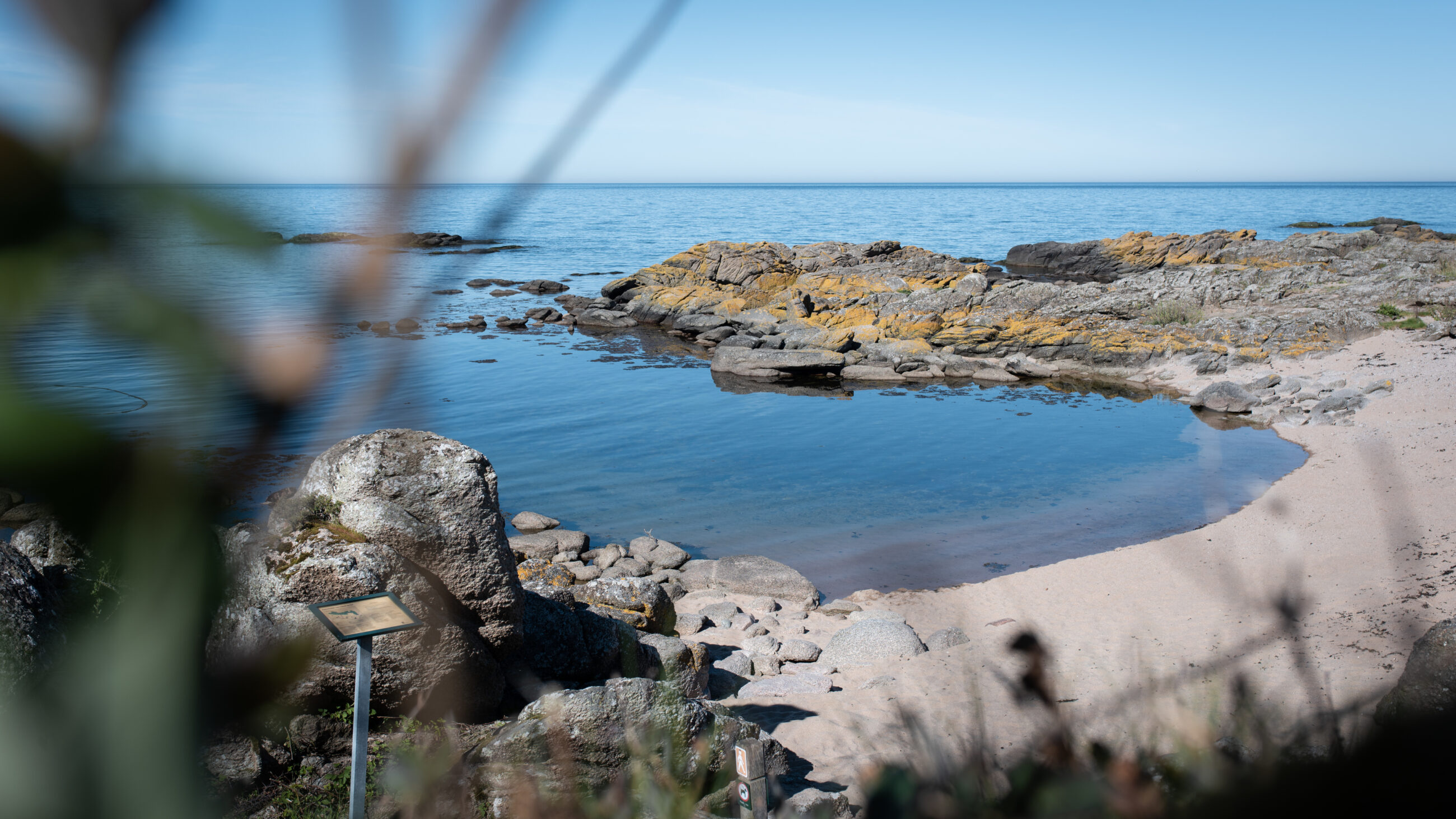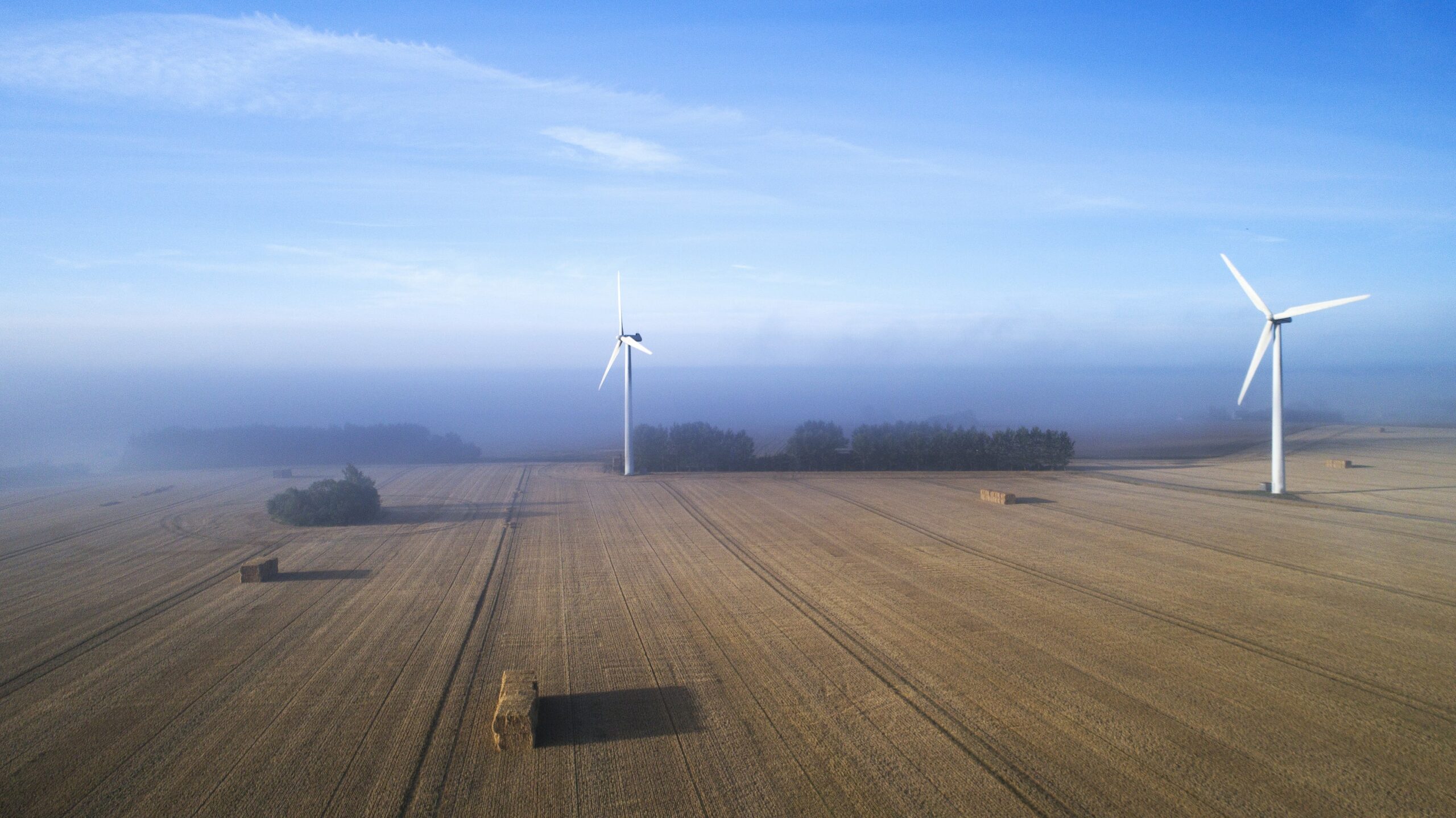It is possible to create a circular business model without it having to cost anything.
This is proved by Dansk Retursystem, the non-profit organisation operating the Danish return and deposit system. Dansk Retursystem is in charge of collecting all empty disposable bottles and cans from producers and recycling the used material into new packaging.
As of 2023, the system has reached zero expenses, meaning that producers do not have to pay anything for Dansk Retursystem to take care of their beverage packaging.
Recycled materials in high demand
The cost of operating the Danish return and deposit system has been reduced since 2017. Five years ago, producers had to pay an average of 0,17 DKK per package on the market that Dansk Retursystem had to recycle. Last year, the cost was 0,03 DKK.
“One of the major factors of reaching zero expenses this year is primarily due to the favourable prices for recyclable materials, which are in great demand in the market at the moment” Director of Circular Economy at Dansk Retursystem, Heidi Schütt Larsen.
Reaching zero expenses means that the costs of collecting, sorting and preparing the materials for recycling are now matched by the deposit system’s income, including the price that Dansk Retursystem receives for the recyclable materials. Besides this, it is also due to ongoing adjustments to the system and reducing prices on packaging best suited for recycling.
“The high raw material prices play a role here, but it is equally important that breweries buy recycled materials and use them in new bottles and cans instead of buying new materials. It is the interaction which means that we will not have to charge a fee from the producers in 2023,” says Heidi Schütt Larsen.
The zero expense for producers using the deposit scheme can mean price reductions on products that consumers can benefit from.
“Together with industry, retail and consumers we have demonstrated that it is possible to reach a 100 percent circular economic business model“, says Heidi Schütt Larsen, and adds that the system aims to be an example to follow for others seeking circular economic business models, showing that it can make sense on the bottom line.
Source: CleantechWatch
